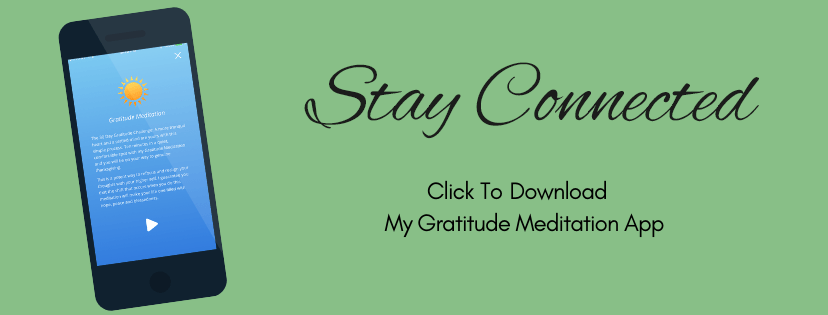Looking at beliefs that might no longer be serving us in our middle years, multi-tasking is a good place to start. We all knew when we were younger we were bullet-proof—able to easily do four things at once with equal ability and quality.
Being a little older, and much smarter, we are beginning to find maybe not so much now and we encounter things that may actually be draining our brain.
You can never solve a problem on the level on which it was created.
Albert Einsten
The truth is we were never able to do four things at once with the same level of attention as focusing on only one. Science tells us this harsh truth: human brains are not wired that way; our brains work best when focusing on one thing at a time. I was (and sometimes still am) as guilty as any millennial until I read the science behind this truth.
Multitasking by doing several things at once, or being constantly interrupted and so having to focus on something different than the task before us, does many things, multi-tasking damages our brain by increasing the level of stress hormones released into our bodies. This rise in the main stress hormone, cortisol, negatively impacts our level of brain function, leading over time to a short-circuiting of our memory bank. As we zoom into our middle and later years, several other subtle changes are happening in our brains to further impede our memory from working at optimum levels.
The scary news is that too many stress hormones floating around our brains can actually change the way our brain works, shrink the size of our brain and our circuitry, and literally act like a poison, moving us closer to the dreaded “early dementia” column. Seriously.
Now for the good news, since my glass is always way more than half-full. We can re-choose how we allot our time today to add some brain enhancing activities to counter our past choices, and begin boosting our memory.
The first one is to reduce the time in which we engage in multitasking. Start slow. Going cold turkey is by far the best for brain health, but probably unrealistic unless you just retired to an island to live out your days selling coconut juice to tourists. For the rest of us worker bees, start with looking at where you could stop the insanity—make a list of tasks or chores that you will, from now on, focus on singularly. Any relief you can offer your brain is a plus. Try to add to the list over the coming days and weeks, not just writing them down, but implementing them as well. Notice how you feel as you begin single-tasking, and if there is any improvement in little remembrances. I am betting there will be. Your cortisol levels will drop, and you might find yourself sleeping better, to boot!
The second part of this is to do everything you can to limit your interruptions throughout your day. Ideally in all aspects of your life, but to be realistic, let’s start at work. Think about ways you can limit physical interruptions—people talking to you, instant reminders of incoming email/texts/voice mails. Set the boundaries you can today, try to keep increasing them until you can implement the third suggestion.
The third part of helping your memory return comes from choosing to carve out 45 minutes of uninterrupted periods of concentration twice a day. Start with once a day, if twice seems too daunting. Gotta walk before you can dance. This will do so many healing things for your brain. You will very quickly notice a difference in your memory.
Last, but not the least by any standard, give your brain a rest. Doing nothing is one of the most productive things we can do in our world today to restore and replenish our minds and bodies. I like to take 40-60 minutes and just chill, eyes closed, thinking of nothing in particular. Granted, some days this is only a dream, but I do write it in my calendar and work to honor that notation with the same commitment as any other appointment. Every little bit helps. It is not an ‘all or nothing’ benefit.
Our memory banks do not have to stay in drawdown mode; we have the power to make generous deposits by choosing new ways of doing things that will add to our lives in every moment. Remember, the brain given the chance, has the miraculous capacity to improve, not matter our age!
Until next time…Be Vibrant!
Subscribe to Receive
Vibrant Aging™ Tips
Delivered Right to Your Inbox
&
Vibrant Aging™ Coach
L.J. Rohan is a Gerontologist (University of Southern California’s Davis School of Gerontology), Certified Aging in Place Specialist (CAPS), and Vibrant Aging™ Coach. L.J. is dedicated to redefining the aging process. With a focus on holistic well-being, she combines scientific research and practical insights to guide women age 55+ towards a vibrant, fulfilling life. Her work has been featured in numerous publications and she frequently speaks at institutions such as Yale University and Southern Methodis University. Be Vibrant!
